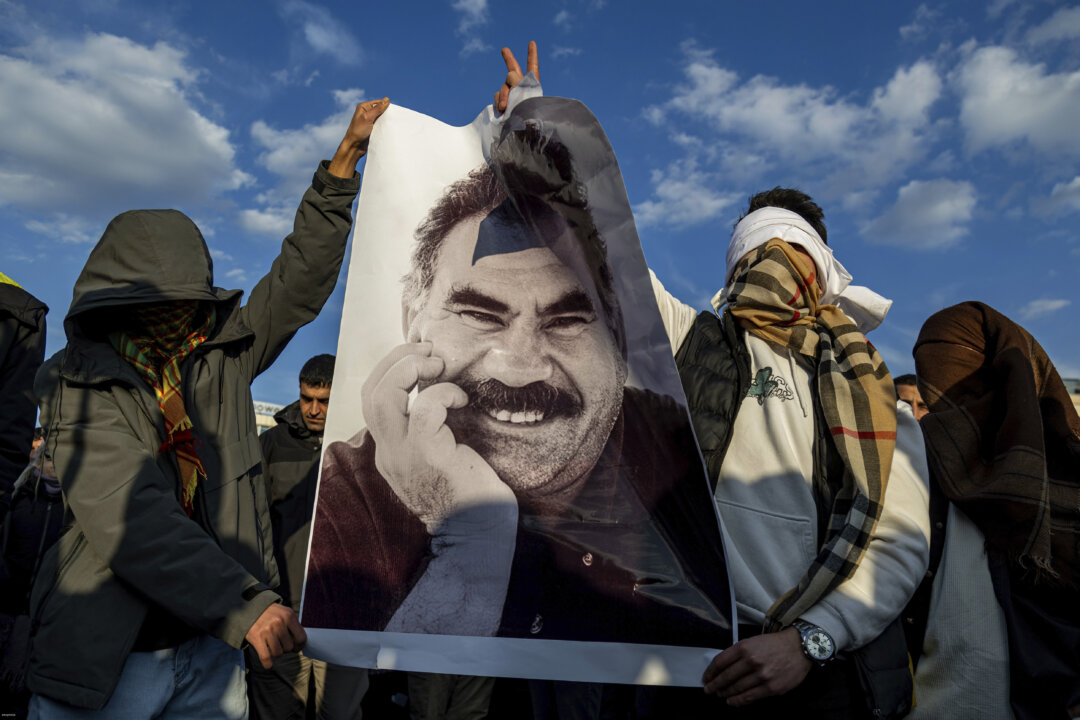Call for PKK Dissolution Marks Potential Turning Point in Turkish-Kurdish Relations
Abdullah Ocalan urges PKK to disarm and dissolve, signaling a potential shift in Turkey's long-standing conflict with its Kurdish population.
Overview
Abdullah Ocalan, imprisoned leader of the PKK, has called for the group's disarmament and dissolution, highlighting a potential turning point in Turkey's long-standing conflict with its Kurdish population. Ocalan's statement, which comes amid renewed peace efforts by Turkish President Recep Tayyip Erdogan's government, aims to end a decades-long insurgency that has resulted in over 40,000 deaths. The Turkish government and PKK affiliates in Iraq and Syria have responded, though significant skepticism remains regarding the success of this initiative. This momentous call could reshape relationships within Turkey and have wider implications throughout the region.
Report issue

Read both sides in 5 minutes each day
Analysis
- Ocalan's call for the PKK to disarm is part of a broader peace initiative aimed at resolving a decades-long conflict in Turkey that has caused significant loss of life.
- The Turkish government, while welcoming Ocalan's announcement, emphasizes that all affiliated groups are also expected to disband in order to achieve lasting peace in the region.
- President Erdogan sees this as a historical opportunity to rebuild relationships between Turkish and Kurdish peoples, although there are concerns about potential disruptions to the peace process.
Articles (3)
Center (1)
FAQ
Abdullah Öcalan's call for disarmament and dissolution comes after decades of conflict between the PKK and the Turkish state, which began in 1984. The conflict has resulted in over 40,000 deaths and numerous human rights abuses. Öcalan's move marks a significant shift from his previous stance of armed struggle.
Öcalan's call could lead to a new peace process, reducing domestic tensions in Turkey and potentially improving international relations. It may also reshape alliances in Syria, where Kurdish factions play a significant role. However, success depends on Ankara's willingness to make political concessions.
Kurdish political parties in the Kurdistan Region have largely welcomed Öcalan's call for peace, seeing it as a potential turning point. However, the response from the PKK itself and other regional stakeholders remains uncertain, with skepticism about the success of this initiative.
History
- This story does not have any previous versions.

